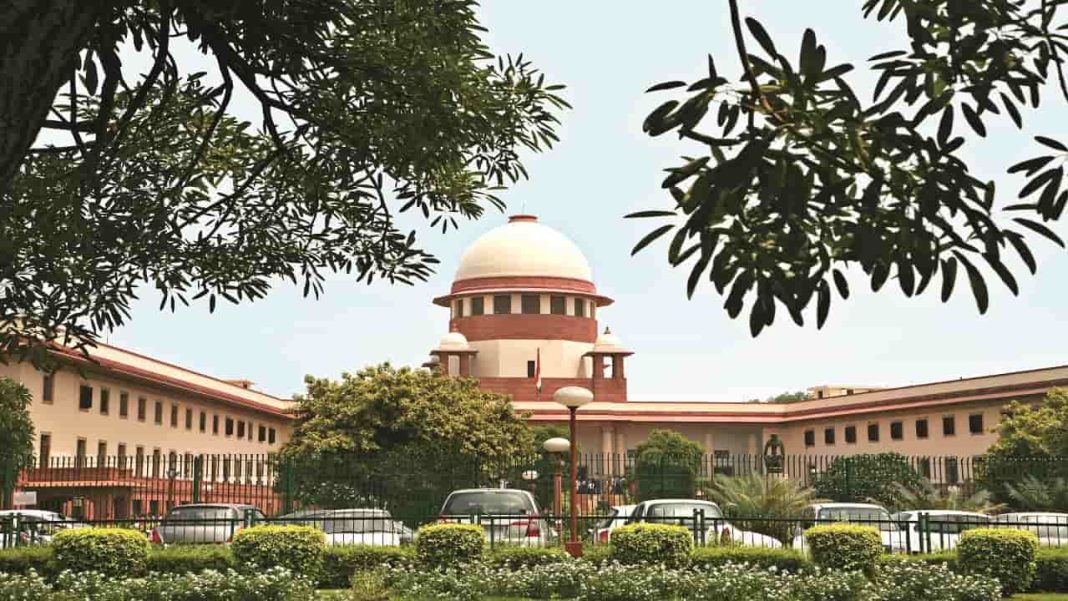


The Supreme Court has unequivocally ruled that not only does Jammu and Kashmir not retain any element of sovereignty but also that Article 370 was a temporary provision and that “the declaration issued by the President under Article 370(3) is a culmination of the process of integration”. In effect, the Court has reaffirmed that Jammu and Kashmir (J&K) is an integral and unalienable part of India and that the entire Constitution of India — with the same safeguards, privileges and duties as apply to any constituent of the Indian Union — is validly applicable to it.The judgment has not just ended a constitutional debate. It has ended a prolonged state of economic uncertainty, too. For, an equivocation about the status of J&K was not merely a political issue; the “otherness” that it had created and nurtured had for long served to keep the region artificially insulated from the rest of the country. An important economic consequence of this insularity was the creation of roadblocks to external private capital and skills. An over-reliance on public investment coupled with poor capacity for absorbing investment led to stunted economic development. For example, in 2019, J&K’s per capita income was about Rs 1.25 lakh crore, less than half of neighbouring Himachal Pradesh. Government spending as a ratio of the GSDP was over 50 per cent. Despite this over-reliance on public funds, outcomes in terms of infrastructure availability were poor compared to many similarly-placed hill states.Therefore, the changes of August 2019 were not just a constitutional resetting — they were also an attempt to reset an economic arrangement that inhibited the natural growth potential of the region.A look at the achievements of the last four years leaves no doubt that the strategy has been successful. Terror infrastructure has been considerably dismantled and the once widespread hartals and stone pelting that would bring the Valley to a standstill are now things of the past. Tourism has boomed. With 20 million visitors and 300 new destinations, even hitherto unexplored places have seen record visitors. Trade and commerce are also reaping the benefits of peace. Cinema has returned to the Kashmir Valley after three decades, and after a long time, people have the freedom to live the way they want.An area that needs special attention is the acquisition of land, an emotive issue in the region and the centrepiece of the 370 debate. J&K’s old land laws supported obstruction over construction. In theory, they were meant to keep out ‘outsiders’; in practice, they kept out investment. A new set of laws introduced after August 2019 has addressed many of these roadblocks. However, any vestiges of the old obstructionism that remain — in implementation if not in the law book — must be purged.Like the rest of the country, J&K is rapidly urbanising. The region’s urban areas will see an expansion of population along with progressively increasing economic value addition. With futuristic planning and quick facilitation, large investments can be tapped in urban spaces including housing, commercial spaces and urban transport. The incoming investments will presuppose a vast improvement in governance capacity. Therefore, state capacity to facilitate economic growth and to deal with issues arising from it has to increase in step with growth itself.
The current stable situation notwithstanding, the focus on law and order cannot be diluted. Particularly, given our neighbour’s undiminished interest, this aspect needs to be closely and continuously monitored.These are only some of the essential elements of an ecosystem that is needed to build a high-growth economy. While public investment will continue, growth will increasingly come from the private sector. A vibrant land market, a transparent and effective regulatory regime, a high-quality governance ecosystem and a stable law and order will be magnets for investment. A change in mindset from protectionism to openness from an insular, protected ecosystem to one that welcomes investment, technology, people and skills can only accelerate this process.At its heart, the changes of August 2019 were as much about the expansion of economic opportunity as about the commitment to One Nation. With the legal debate behind us, the promise of enormous growth and employment is more real than ever.
TAGS: Supreme Court Jammu and Kashmir Article 370 sovereignty economic uncertainty constitutional debate integration economic development terror infrastructure